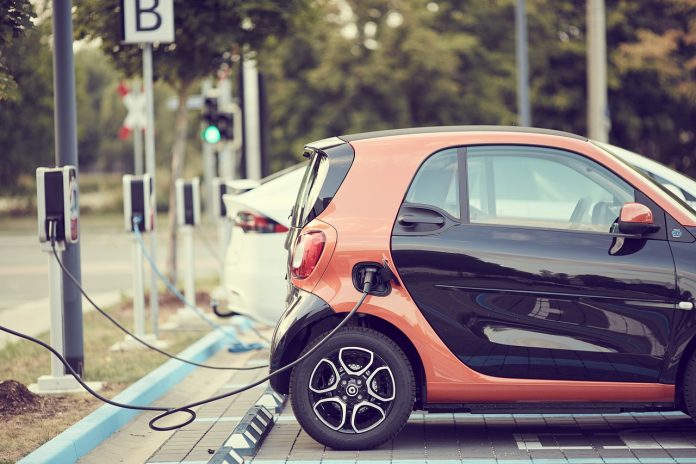Heliox, the European market leader in fast charging systems for passenger and freight transport, shines a spotlight on the current e-transition of the European road freight transport industry in a report published today, producing a guideline for the electrification of trucks.
The report shows that fleet managers across Europe (47%) believe the trucking industry is the last road vehicle to join the e-transition largely due to the challenges surrounding charging infrastructure. The inefficiencies related to electric vehicle schemes introduced by local governments were found to be a source of this problem, with 41% of fleet managers demanding more accessible public charging and in an affordable manner. Competitor pressures (38%) and the increasing price of fuel (36%) are also front of mind in fleet managers’ decision to switch to environmentally friendly options.
Another one of the key factors motivating fleet managers to shift towards e-mobility is the total cost of owning an eTruck. The International Council of Clean Transportation (ICCT) expects eTrucks to be more price competitive than diesel trucks in The Netherlands by 2025 and 2026 in the UK. Whilst this is promising, the incentive schemes set up by governments to accelerate the e-transition are only noticed by 56% of fleet managers, with over a third (39%) of them not taking advantage of any electromobility programs. As only 4% of fleet managers have 100% electric fleets, change must be on the horizon.
Jasper Konings, Director of Commercial Vehicles and Fleets at Heliox says: “The transport transition is rolling, although there are still challenges to overcome. Fleet managers want to electrify their fleets and must do so to remain competitive in the long term. The resources are there but collaborative action from private and public institutions is needed to drive the total cost of owning an e-truck. Heliox’s innovations in rapid charging delivery and expertise in the HGV sector contribute to the feasibility of this transition. Our research highlights that a push in public charging infrastructure investments and an optimization of government support programs, will make a sustainable transportation sector achievable faster”.
Of the four leading EV nations surveyed, Germany was found to lead the e-transition in the trucking industry, with nearly 800 eTrucks operational in 2021 out of the total 1,394 eTrucks registered in Europe. The only other nation keeping up with Germany is the UK (333 registered e-trucks) and the Netherlands (216 registered eTrucks). Despite France showing an 88% growth in 2021, they lag behind these nations with only 26 registered eTrucks.
Successful fleet electrification now hinges on just three key factors: 1) The shift away from diesel powered trucks, 2) awareness around governments electromobility programs, and 3) investment in public charging options. These issues need to be addressed quickly, as most companies (74% of those not yet 100% electric) plan to fully convert by 2040, with 12% doing so by 2030.
The report shows that successful electrification is already in place, as demonstrated by Dutch supermarket chain, Albert Heijn and waste logistics company, Cure (see case studies in the report). It’s apparent that there is an opportunity behind the e-truck industry and the path to electrification has been outlined, but fleet managers need further support from governments around charging infrastructure to future-proof the e-transition journey.
To push the agenda around zero-emissions road transport, Heliox is establishing theCommercial Vehicles and Fleets Business Unit. This new part of the business has been developed to support the expected growth of eTrucks with 36,000 trucks predicted to be registered by 2027 in the EU. With Heliox’s existing position of strength in the e-bus industry, this new segment aims to help the company become one of the key global providers in EV charging for transport goods.
Find the full report here: https://info.heliox-energy.com/etruck-report

